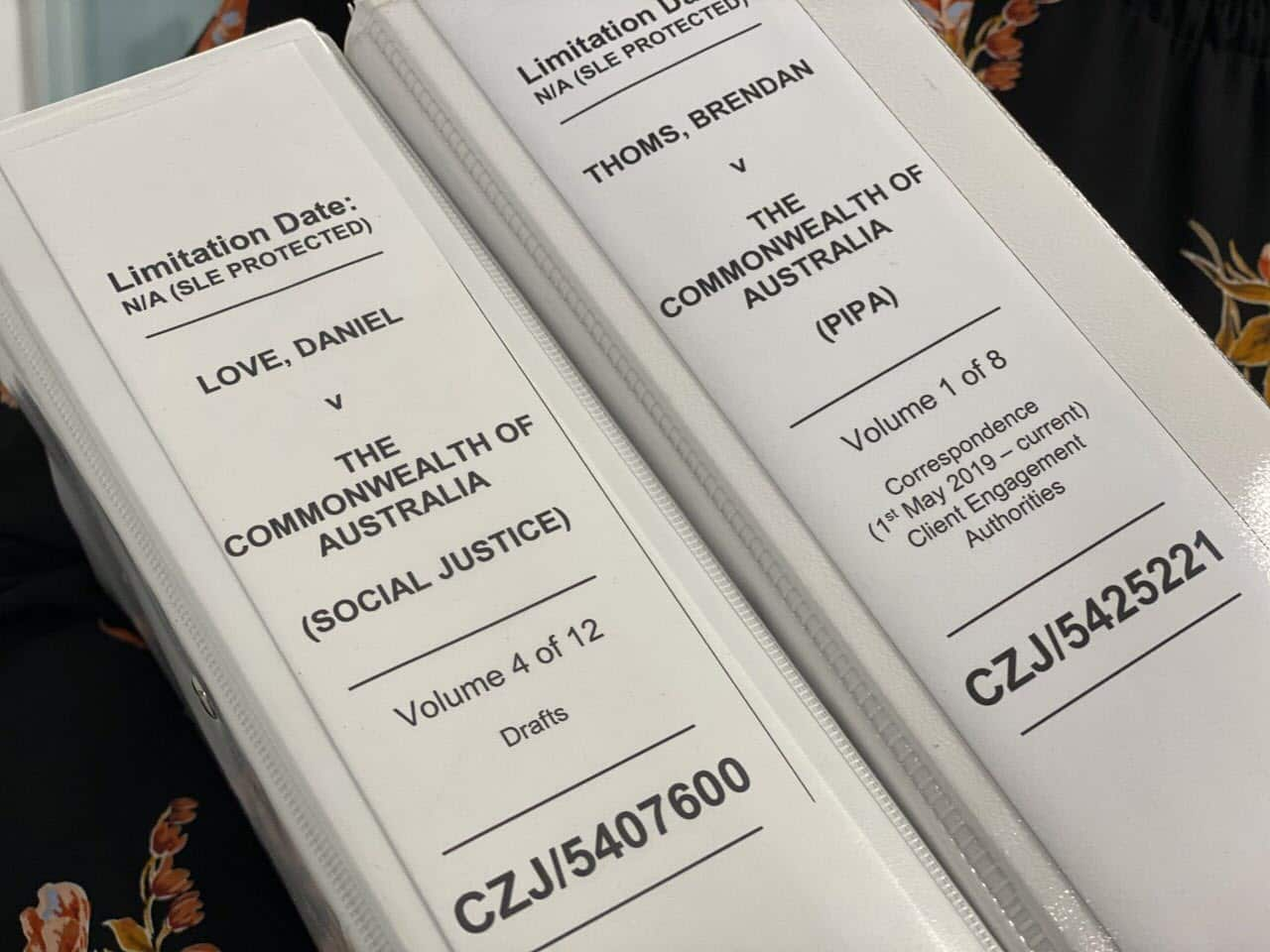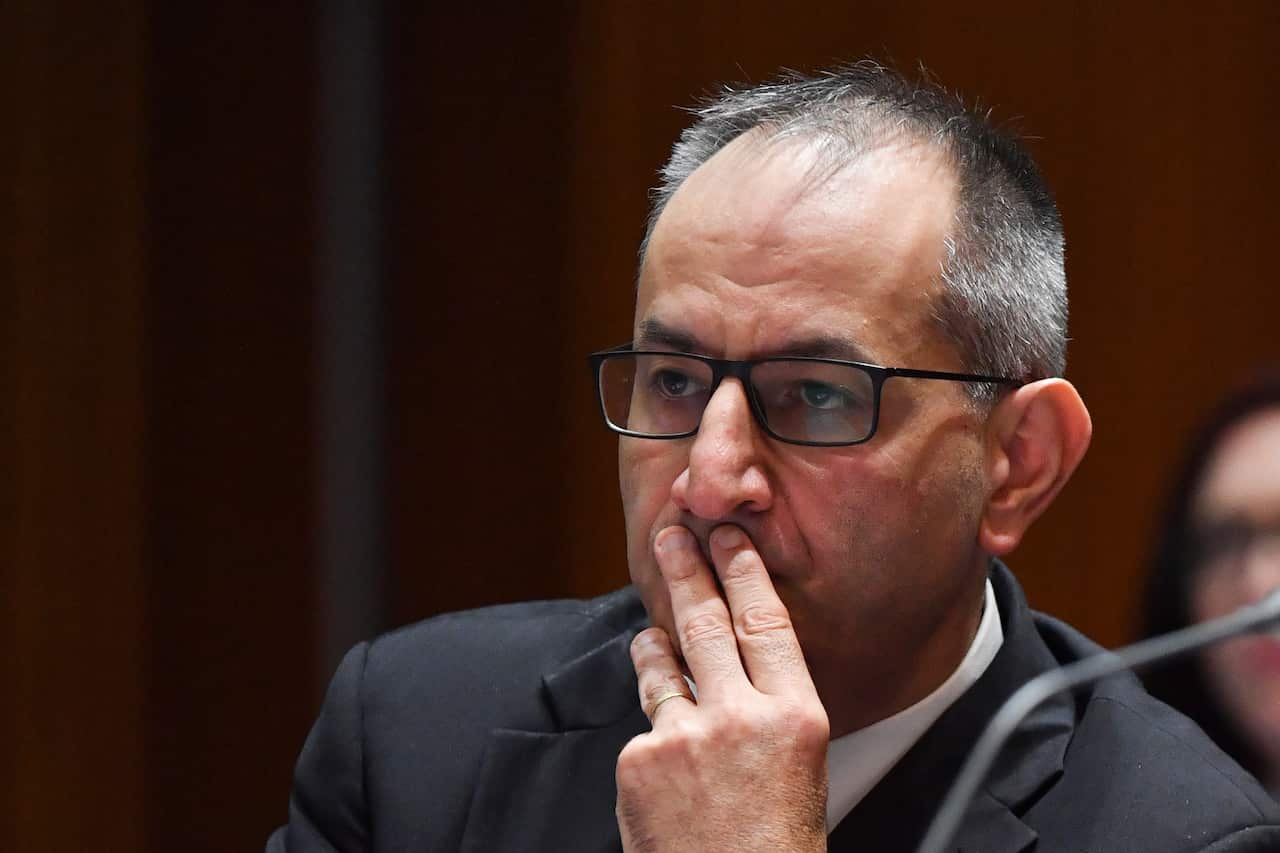The lawyer acting on behalf of an Aboriginal man who remains at risk of deportation says fresh submissions are being prepared to convince the Commonwealth of his Indigeneity.
Papua New Guinea-born Kamilaroi man Daniel Love is at the centre of a landmark High Court case that could lead to the release of up to 23 people in immigration detention who say they are Indigenous Australians.
Mr Love and New Zealand-born Gunggari man Brendan Thoms had their Australian visas cancelled in 2018 after being convicted of criminal offences and were set to be deported.
But a High Court ruling last month determined that Aboriginal Australians cannot be "aliens" under the constitution, and thus can not be deported.
The High Court said Mr Thoms met the Indigeneity test set out by the court and he was subsequently released from immigration detention.
But it has not yet been established whether Mr Love meets the criteria, meaning he remains vulnerable to deportation if it can't be proven he is Aboriginal.
Mr Love's lawyer, Claire Gibbs, said new work to establish his Indigeneity is underway.
“We are putting some further submissions to the Commonwealth to prove our client does meet the three-part test and is an Aboriginal Australian,” Ms Gibbs told SBS News.

For someone to meet the High Court’s Indigeneity criteria, they must be of Indigenous descent, identify as Indigenous, and be recognised as Indigenous by their community.
Ms Gibbs said she believes Mr Love meets all three criteria.
“[Mr Love] is a descendant of the First Australians, so he has those ancestral connections,” she said.
“He identifies as an Aboriginal man and he’s also accepted by his community as a Kamilaroi man.”

Senate revelations
The Home Affairs department revealed on Monday that another Indigenous man left detention last week in the wake of the High Court’s ruling.
It was also revealed during the Senate estimates hearing that 23 others are trying to prove they meet the Indigeneity test.
Greens Senator Nick McKim, who led the questioning of Home Affairs officials at the Senate hearing, said all cases should be reviewed as “quickly as possible”.
“Every day post-High Court decision that a First Nations person is detained in immigration detention, that is a day too long,” he told SBS News on Tuesday.

“It’s really important the Department [of Home Affairs] acts as soon as possible because the High Court has been abundantly clear: First Nations people should not be detained in immigration detention.
“There has been a miscarriage of justice here in regards to a number of people – that needs to be remedied as quickly as possible.”
Mr Thoms, who was also represented by Ms Gibbs, spent 500 days in detention prior to his release.
He is suing the government for damages.
He was “incredibly relieved” to have been released from detention following the ruling, but spending time in detention had “taken its toll”, Ms Gibbs said.
“It’s been a very uncertain and stressful time for him and his family,” she said.
“He’s certainly very happy to be reunited with them, particularly with his son.
“The overwhelming sense is relief, but he’s still dealing with the consequences of the really serious deprivation of liberty he’s had.”
Additional reporting by Stefan Armbruster, Tom Stayner

